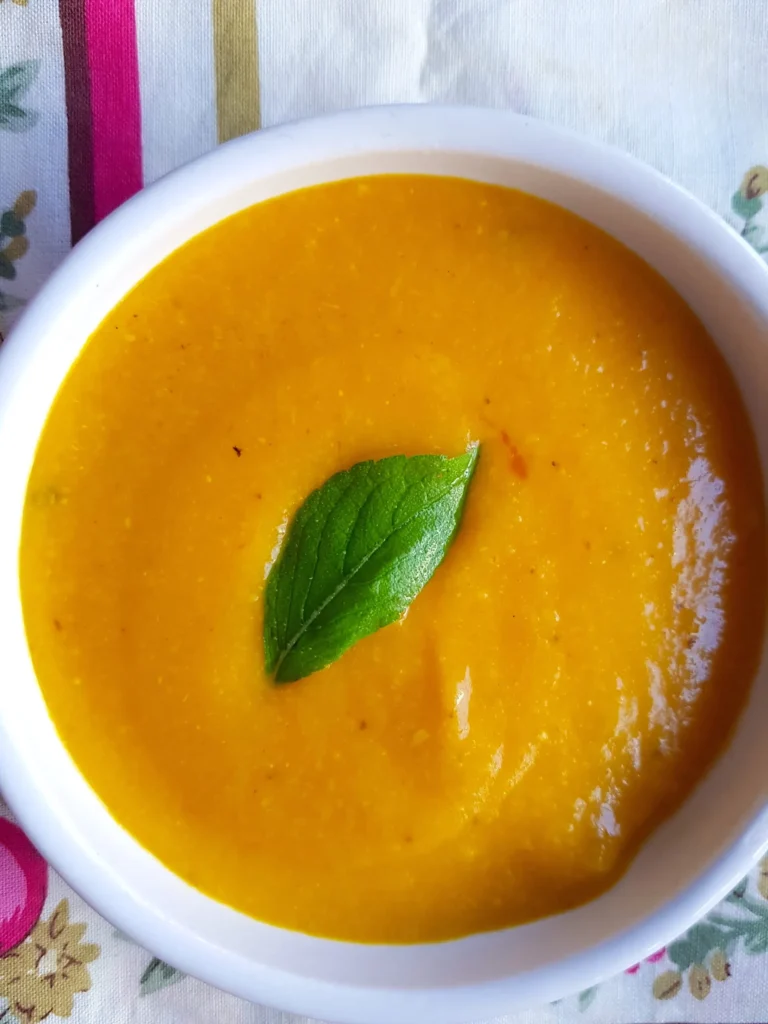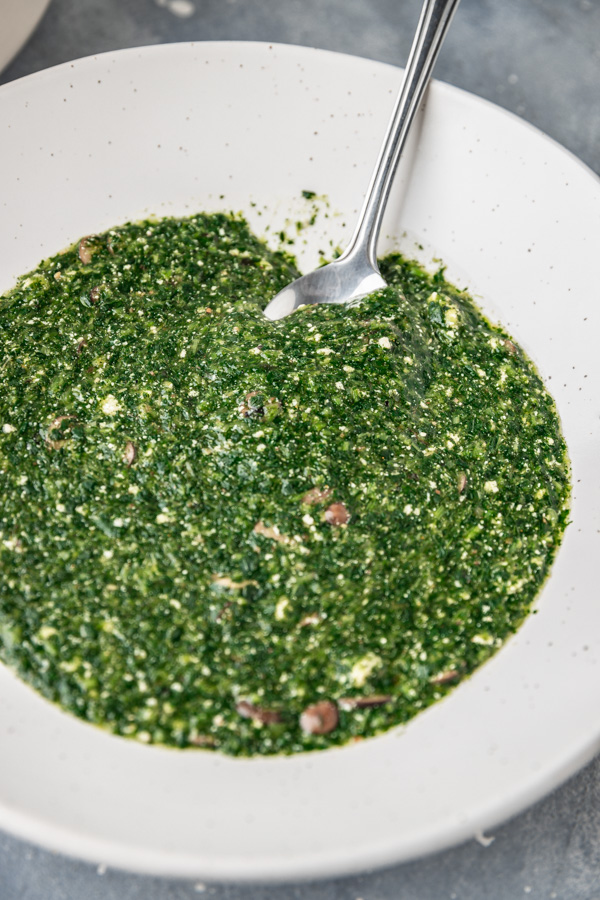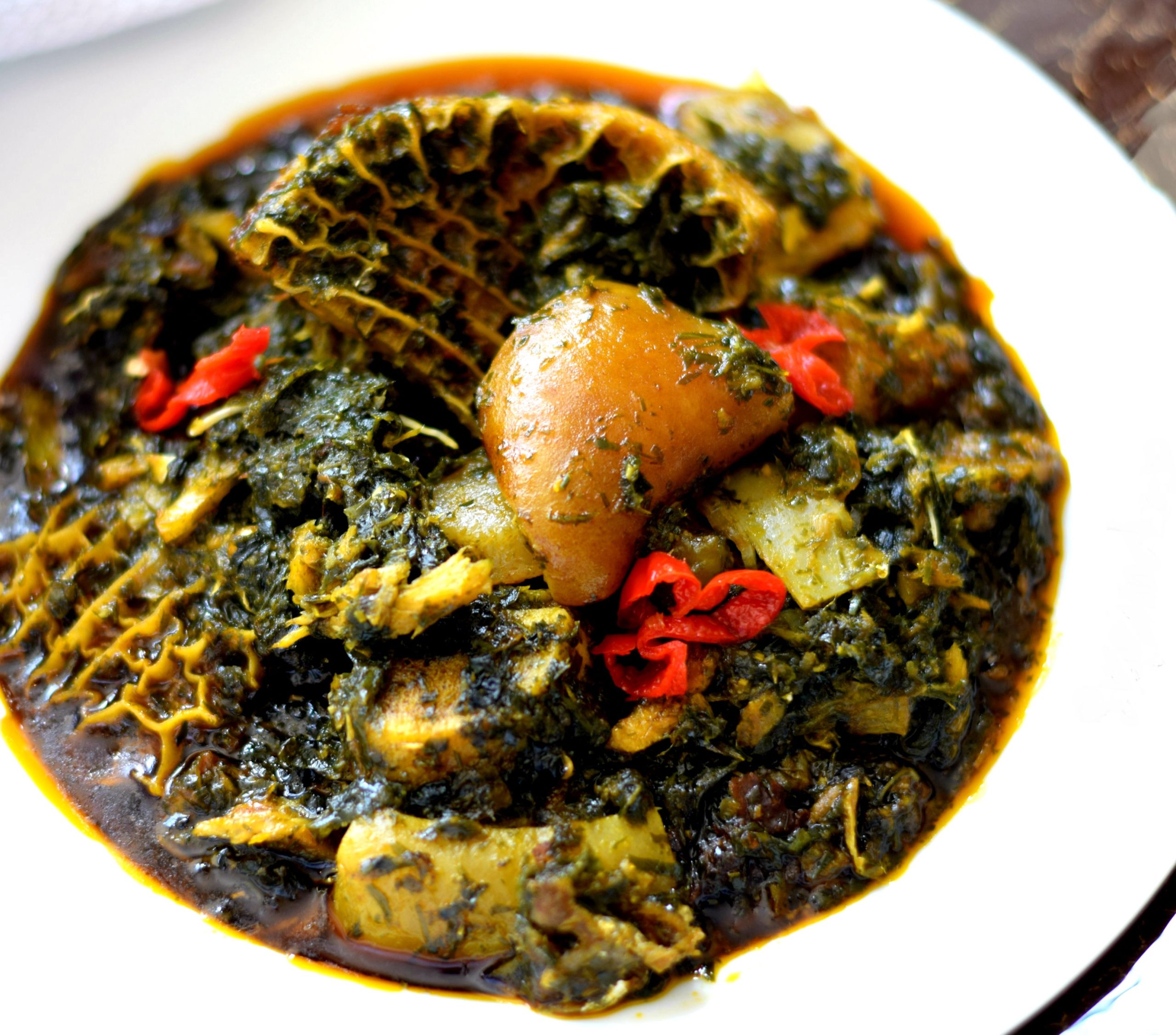Learn how to prepare Amala, Gbegiri Soup and Ewedu Soup
Amala is a popular Nigerian dish made from yam flour, which is also known as “elubo” or “amala flour.” It is commonly eaten with traditional Yoruba soups like Gbegiri, Ewedu, and Gbegiri with Ewedu. Here’s a simple guide on how to produce amala from yam flour and how to prepare it:
Production of Amala:
Ingredients:
- Yam flour (elubo/Amala flour)
Steps:
- Selection of Yam:
- The process begins with selecting good quality yams. Yams with a high starch content are preferable for making amala.
- Peeling and Washing:
- Peel the yams and wash them thoroughly to remove any dirt or impurities.
- Slicing and Drying:
- Slice the yams into smaller pieces and expose them to the sun for several days until they are completely dried.
- Grinding:
- Take the dried yam slices to a mill for grinding. This process results in yam flour, also known as elubo or amala flour.
- Sifting:
- Sift the ground yam flour to remove any lumps or coarse particles.
- Packaging:
- The sifted yam flour is then packaged and ready for use. It is available in stores for purchase.
Preparation of Amala:
Ingredients:
- Amala flour
- Water
Steps:
- Measure Amala Flour:
- Measure the desired quantity of amala flour based on the number of servings you intend to make.
- Boil Water:
- In a pot, bring water to a boil.
- Pour Amala Flour:
- Gradually add the measured amala flour to the boiling water. Stir continuously to avoid lumps.
- Stir Thoroughly:
- Keep stirring the mixture until it thickens and forms a smooth, stretchy dough.
- Cook Thoroughly:
- Reduce the heat to low and continue cooking the amala dough. Stir constantly to avoid burning.
- Form a Smooth Dough:
- Keep stirring until the amala dough is well-cooked, smooth, and has a consistent texture.
- Serve:
- Once the amala is ready, you can serve it hot with your preferred soup, such as Gbegiri, Ewedu, or Gbegiri with Ewedu.
Amala is typically enjoyed with a variety of traditional Nigerian soups and is a staple in Yoruba cuisine. The consistency of amala can vary from a soft, stretchy dough to a firmer texture, depending on personal preference. Adjust the amount of amala flour and water to achieve the desired consistency.
Gbegiri Soup
Gbegiri is a traditional Nigerian soup, particularly popular among the Yoruba people. It is a bean-based soup made primarily from peeled and blended brown beans. Gbegiri is commonly served alongside other Nigerian soups like Ewedu and assorted meats with a starchy side such as Amala, Eba, or Tuwo.
Here’s a basic recipe for preparing Gbegiri:
Ingredients:
- 2 cups brown beans (black-eyed peas), peeled
- Assorted meats (beef, tripe, cow foot, etc.)
- Onion, chopped
- Pepper, to taste
- Palm oil
- Stock cubes or powder
- Salt, to taste

Cooking Directions:
- Prepare the Beans:
- Peel the brown beans to remove the outer skin. You can do this by soaking the beans in water, and then rubbing them to remove the skin.
- Blend the Beans:
- Rinse the peeled beans and blend it with chopped onions until you get a smooth paste. You can add a little water to aid the blending process.
- Cook the Beans:
- Transfer the blended beans into a pot, add water, and cook over medium heat. Stir continuously to prevent lumps from forming.
- Cook the Meats:
- In a separate pot, cook the assorted meats with onions, stock cubes, and salt until they are tender.
- Combine Beans and Meats:
- Pour the cooked beans into the pot of assorted meats. Stir well to combine.
- Season the Soup:
- Add palm oil to the pot for flavor and richness. Adjust the seasoning by adding more stock cubes, salt, and pepper to taste.
- Simmer:
- Allow the Gbegiri soup to simmer on low heat, stirring occasionally. The soup should thicken as it cooks.
- Serve:
- Once the Gbegiri soup is well-cooked and has the desired thickness, it’s ready to be served.
Gbegiri is typically served as a side dish to complement other Nigerian soups and is enjoyed with a starchy accompaniment like Amala, Eba, or Tuwo. Adjust the seasonings and ingredients according to your preferences.
Ewedu Soup
Ewedu soup, also known as Jute or Molokhia soup, is a popular Nigerian soup that originates from the Yoruba ethnic group. It is often served with amala, rice, or other swallow foods. Here’s a basic recipe for preparing Ewedu soup:
Ingredients:
- 1 bunch of ewedu leaves (jute/molokhia leaves)
- Water
- Salt to taste
- Bouillon cube or seasoning powder (optional)

Cooking Directions:
- Prepare the Ewedu Leaves:
- Wash the ewedu leaves thoroughly under running water to remove dirt.
- Remove the leaves from the stem. You can do this by holding the stem with one hand and stripping the leaves off with the other.
- Boil the Ewedu:
- Place the ewedu leaves in a pot and add enough water to cover them.
- Boil the ewedu leaves until they become soft and tender. This usually takes about 10-15 minutes.
- Blend the Ewedu:
- Using a blender or hand blender, blend the boiled ewedu leaves until you achieve a smooth, slimy consistency. You may need to add a little water during blending.
- Strain the Mixture:
- Strain the blended ewedu through a fine mesh sieve or colander to remove any fibrous strands, leaving you with a smooth liquid.
- Return to Heat:
- Pour the strained ewedu back into a clean pot and place it back on the heat.
- Season:
- Add salt to taste and a bouillon cube or seasoning powder if desired. Adjust the seasoning according to your preference.
- Simmer:
- Allow the ewedu soup to simmer for a few minutes, stirring occasionally.
- Check Consistency:
- Check the consistency of the soup. If it’s too thick, you can add a little water to achieve the desired thickness.
- Serve:
- Ewedu soup is traditionally served with amala, but you can also enjoy it with rice, fufu, or any other swallow of your choice.
Ewedu soup is known for its slimy texture, and it is often enjoyed for its unique taste. It’s a nutritious and flavorful addition to Nigerian cuisine.

